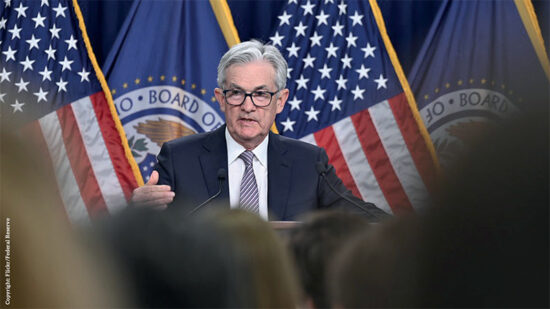Financial advisers were considered the most important source of information in just three of the 30 countries surveyed, according to the Schroders’ Global Investor Study.
South Africa, Denmark and Italy.
Almost every other country put a person’s own third-party research as the top source of information, followed by financial advice.
The US, South Korea and Canada ranked the two fairly equally.
No advice thanks, we’re German
Austria and Germany were the standouts of the countries that strongly favoured their own research over a financial adviser.
The two countries were among those with the lowest preference for using advisers, beaten only by Sweden.
“Across the regions, financial advisers appear as the second most important information source, with the exception of Asia, where regulators/government agencies are considered marginally more important, on average” the report stated.
Employers were the least important source of retirement investing information across all regions surveyed: Europe, Asia and Americas.
Expectation versus reality
The difference between the income people think they need in retirement versus what they actually need is one area that advisers can provide support and a dose of reality.
The survey found that, with the exception of Asia, most people underestimate how much of their income will be spent on living expenses.
Lesley-Ann Morgan, global head of retirement, Schroders, said:“There is a real danger that people globally are underestimating the proportion of their retirement income that will need to be allocated to basic living expenses and the amount of money they will need to live comfortably in retirement, particularly in the current environment of low returns and increasing inflation.”
Globally, non-retired people assume they will spend 34% of their annual income on living expenses. This compares with current retirees actually spending an average of 49%.
“The Americas show a particular difference on this front, with non-retired people expecting to spend 32% of their annual income on living expenses, despite current retirees reporting a spend of 53%,” the report said.
In Europe, the difference is an expected 35% for non-retirees versus a reality of 50% for those currently retired.
The three countries with the biggest gaps were South Africa, Sweden and the US.
Saving more for retirement
Another key opportunity for advisers is helping people put more money aside for their pension.
On average, across all regions, non-retired people feel that they should be saving 2% more of their annual income for retirement.
In Europe, however, that figure is 3%.
In Asia and the Americas, people save an average of 16% of their annual income for retirement. This compares with just 13% in Europe.
Chile and South Africa have the biggest gaps between what people are currently saving versus what they think they will need in retirement.
Denmark is the only country where people are saving more than they feel they will need in retirement – but only just.
Millennial hope
The perceived value of advice is apparent from the Schroders survey – even for the elusive and mercurial millennial generation, which strongly ranked financial advisers as the second most important source of information after their own third-party research.
According to Schroders: “Generational differences in the rankings show a millennial’s predilection for considering the whole range of sources of insight important in their decision-making around investment for retirement.”
Those touting the rise of robo to meet the demands of the millennials might not want to be so hasty.
Schroders surveyed 22,000 individuals with at least €10,000 (£8,841, $11,680) to invest in the next 12 months.
Financial advisers include IFAs, bank managers, insurance brokers and accountants.








